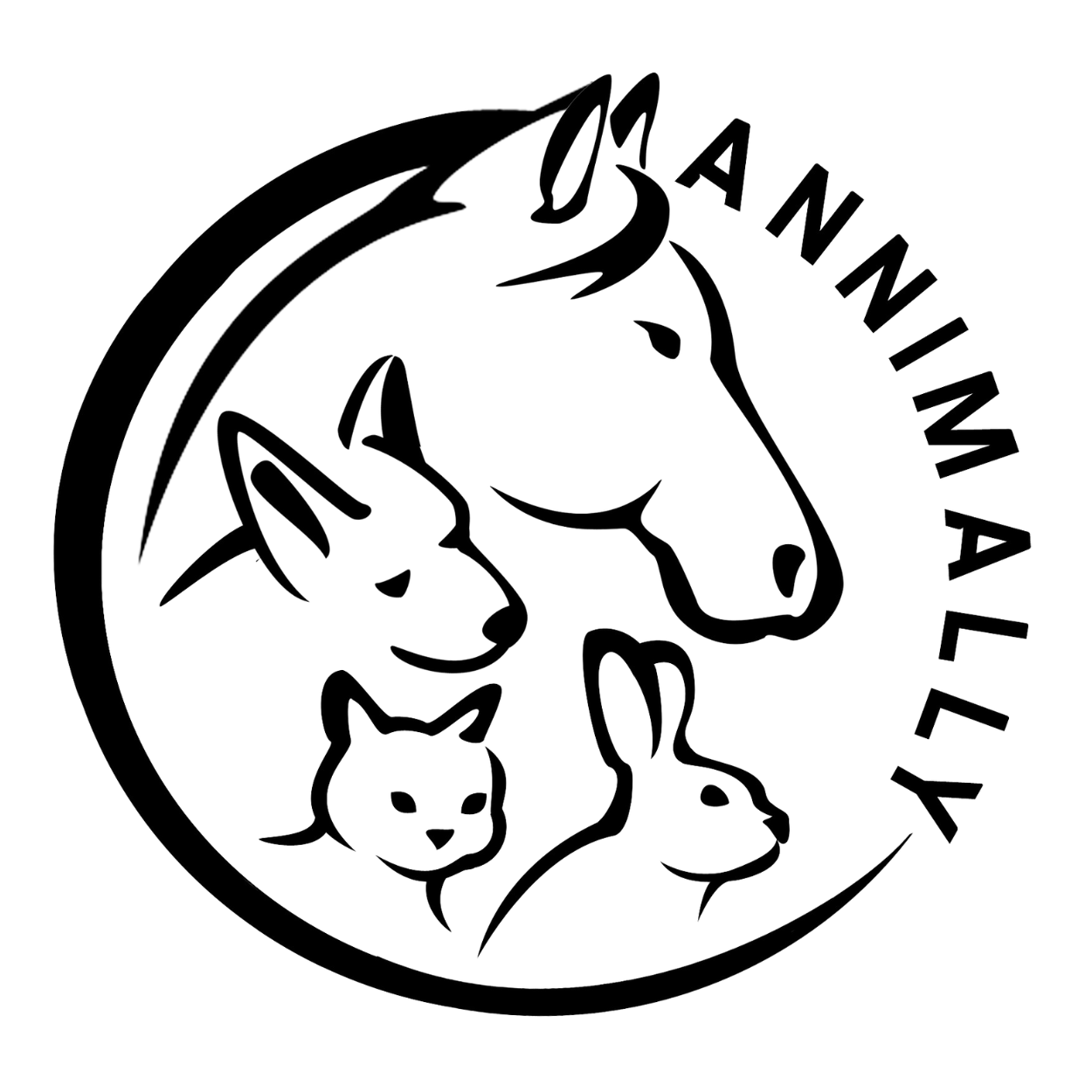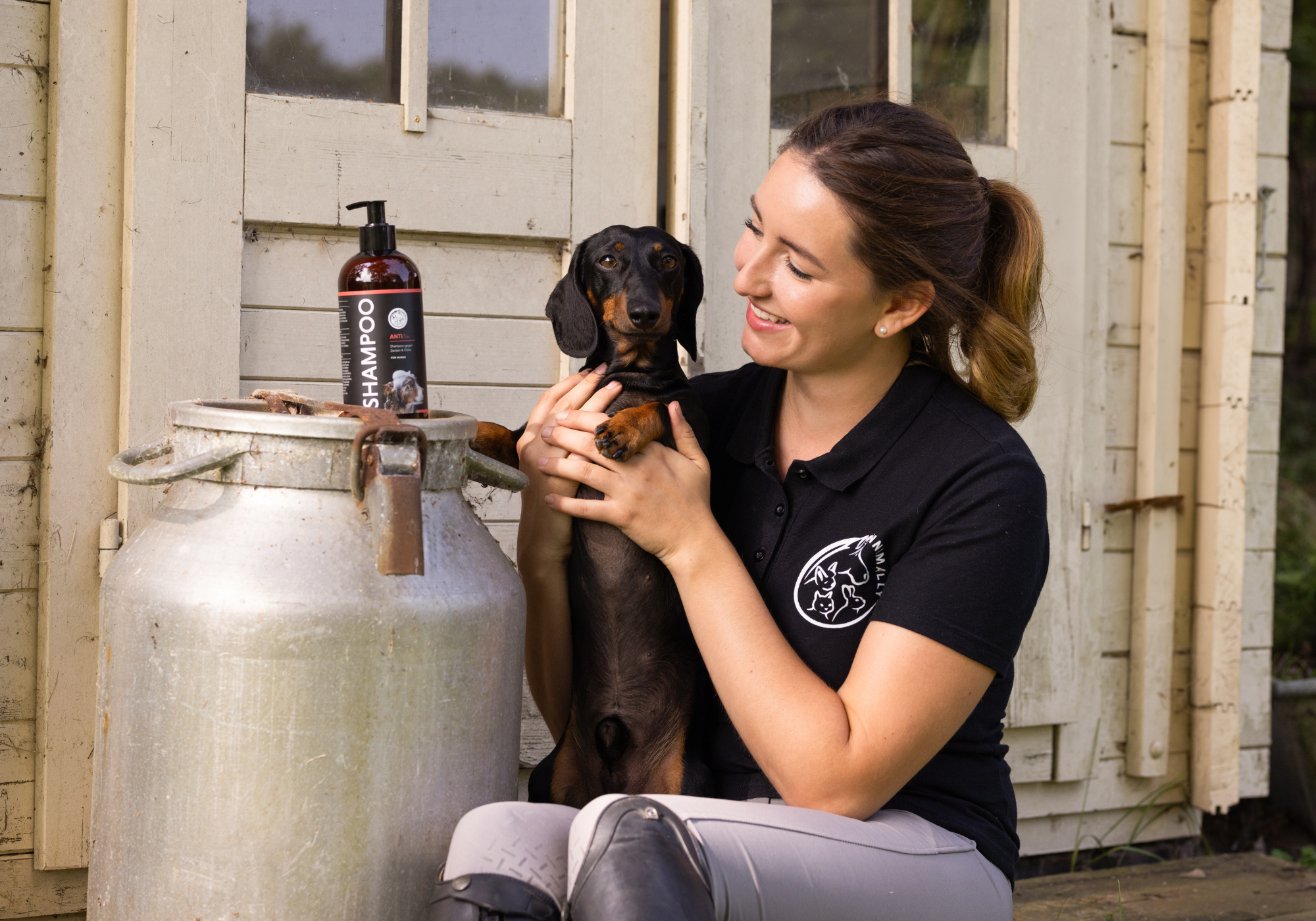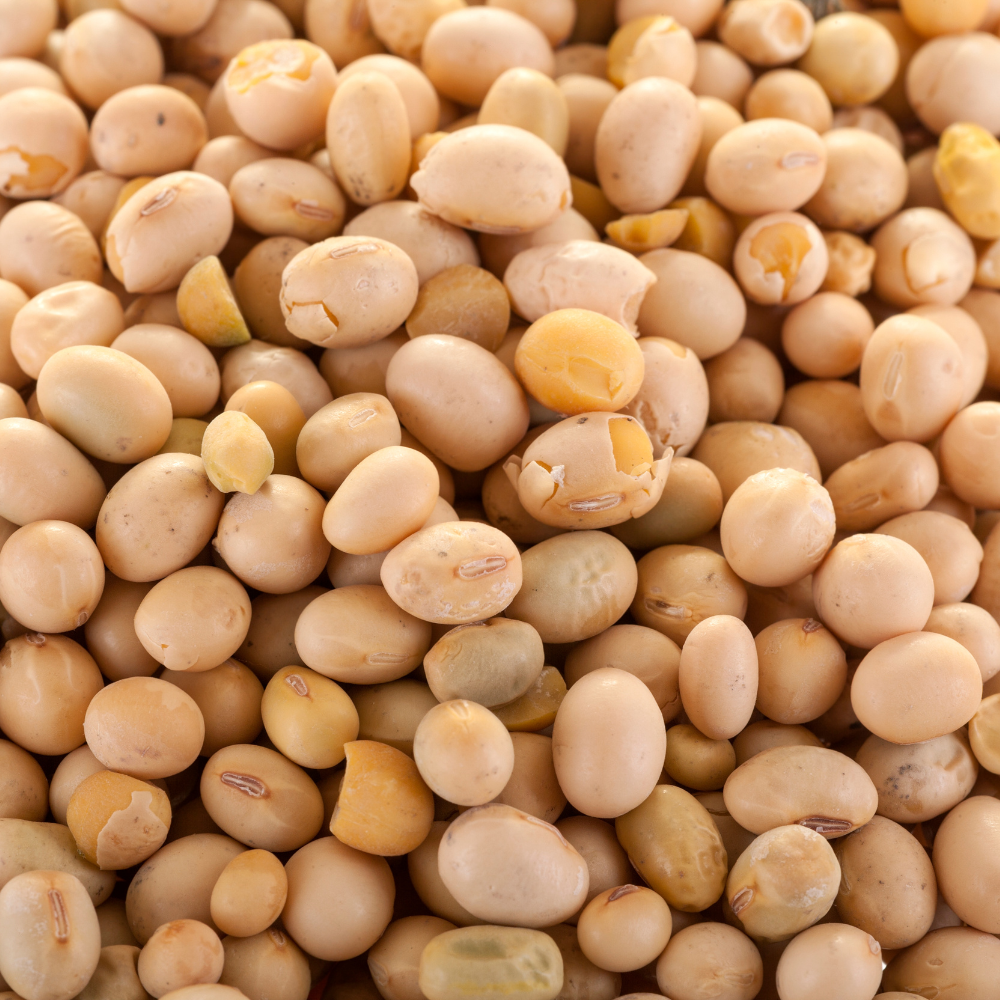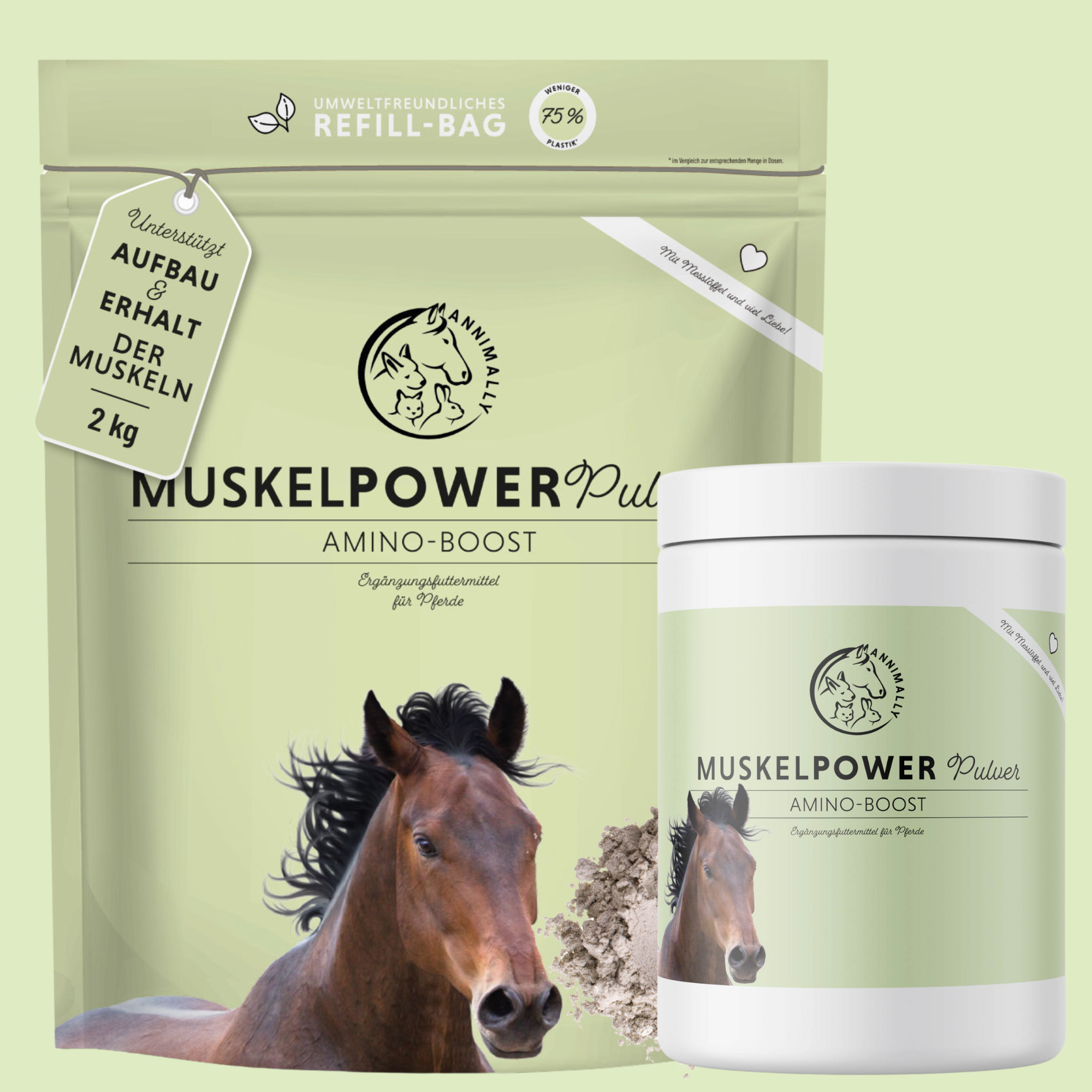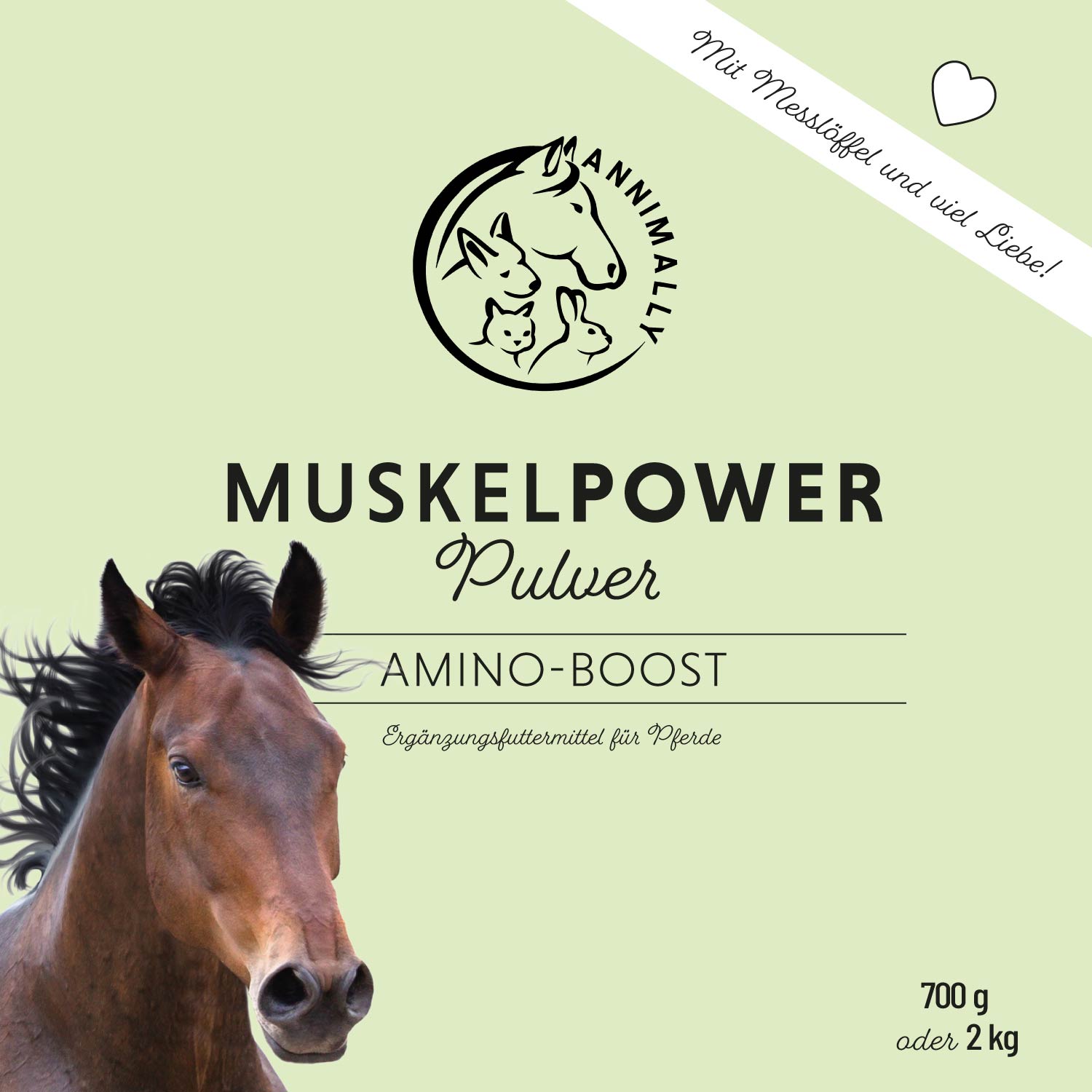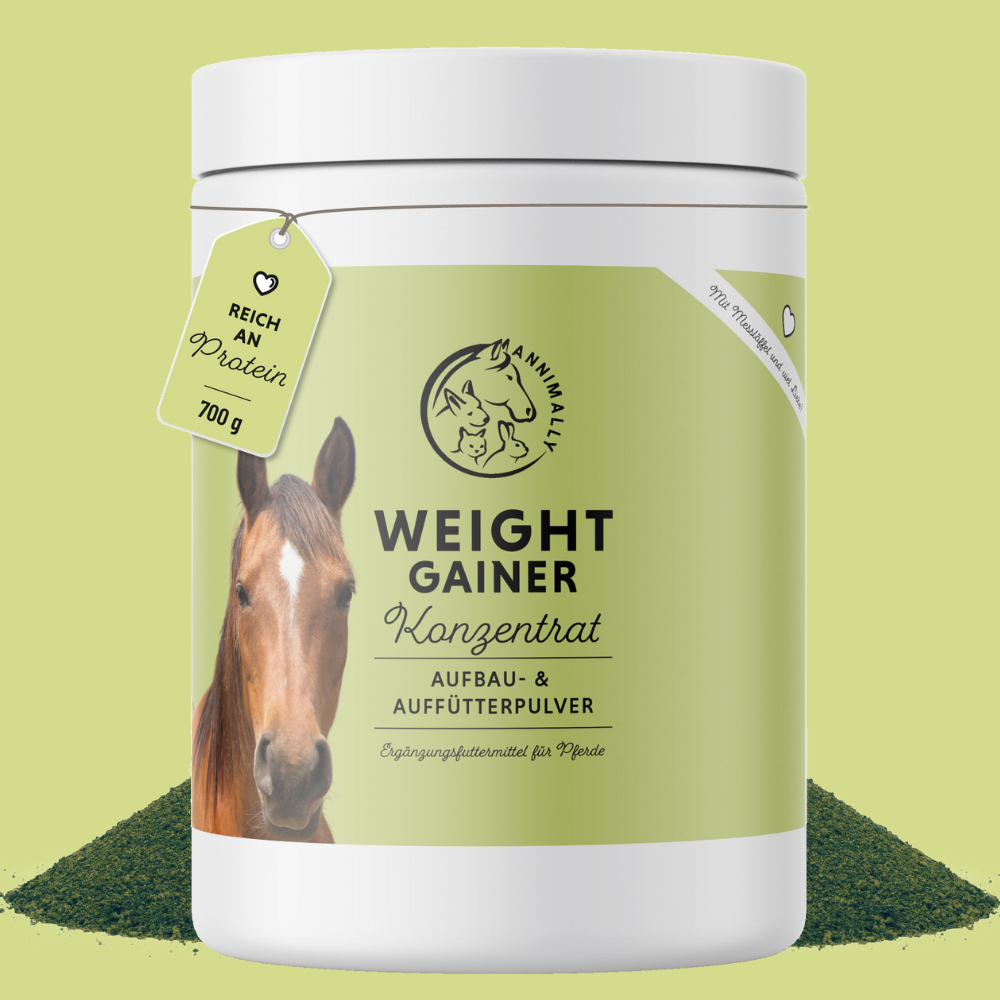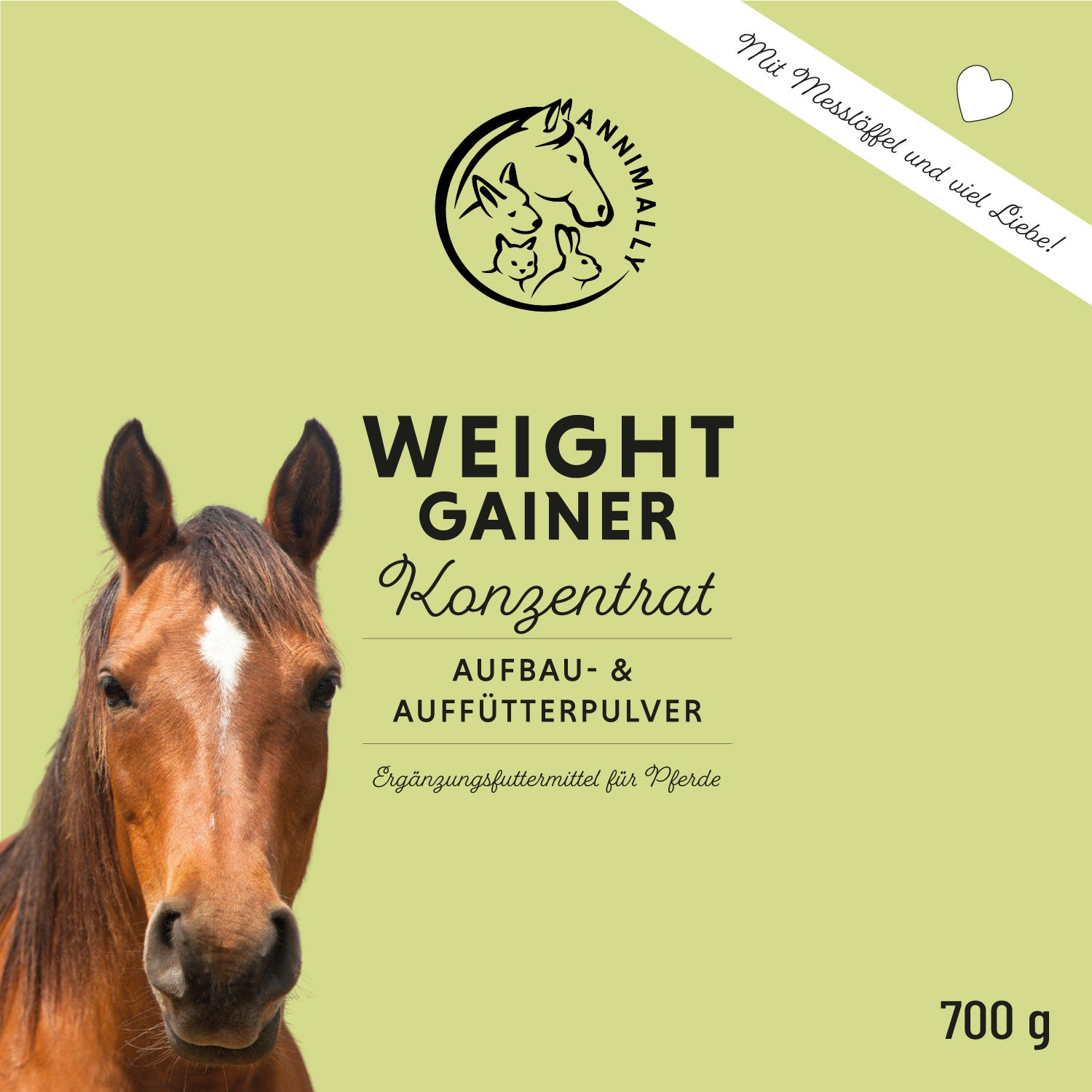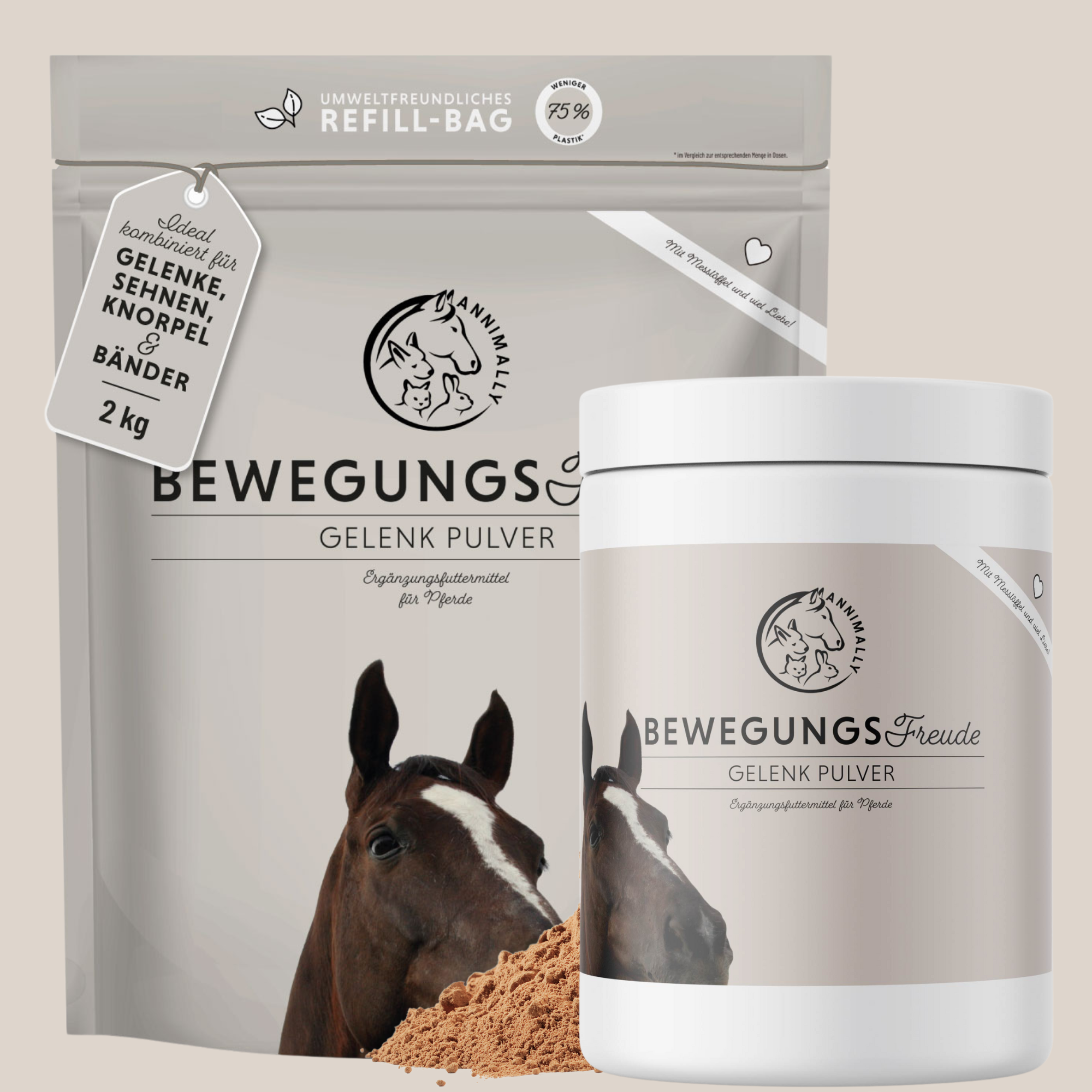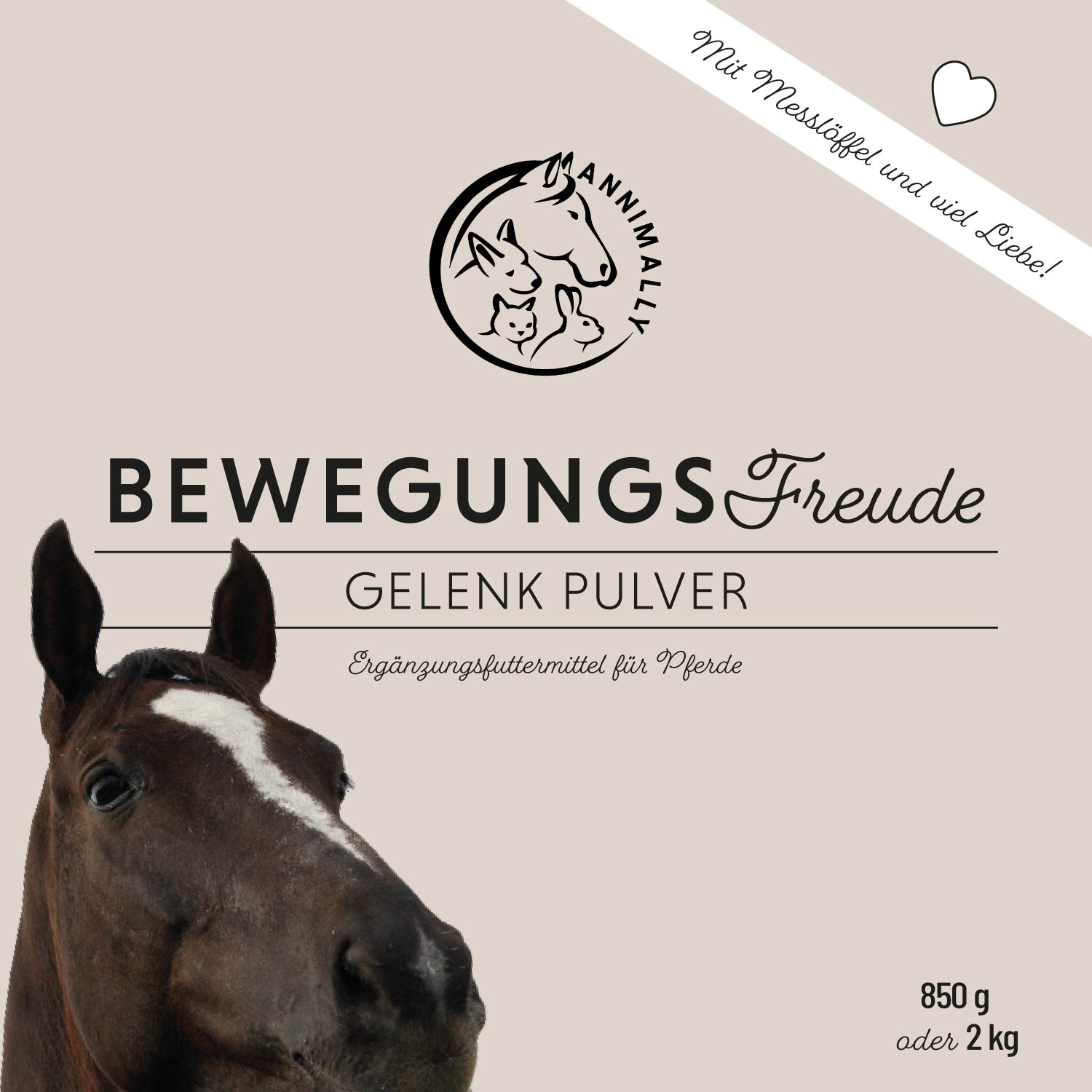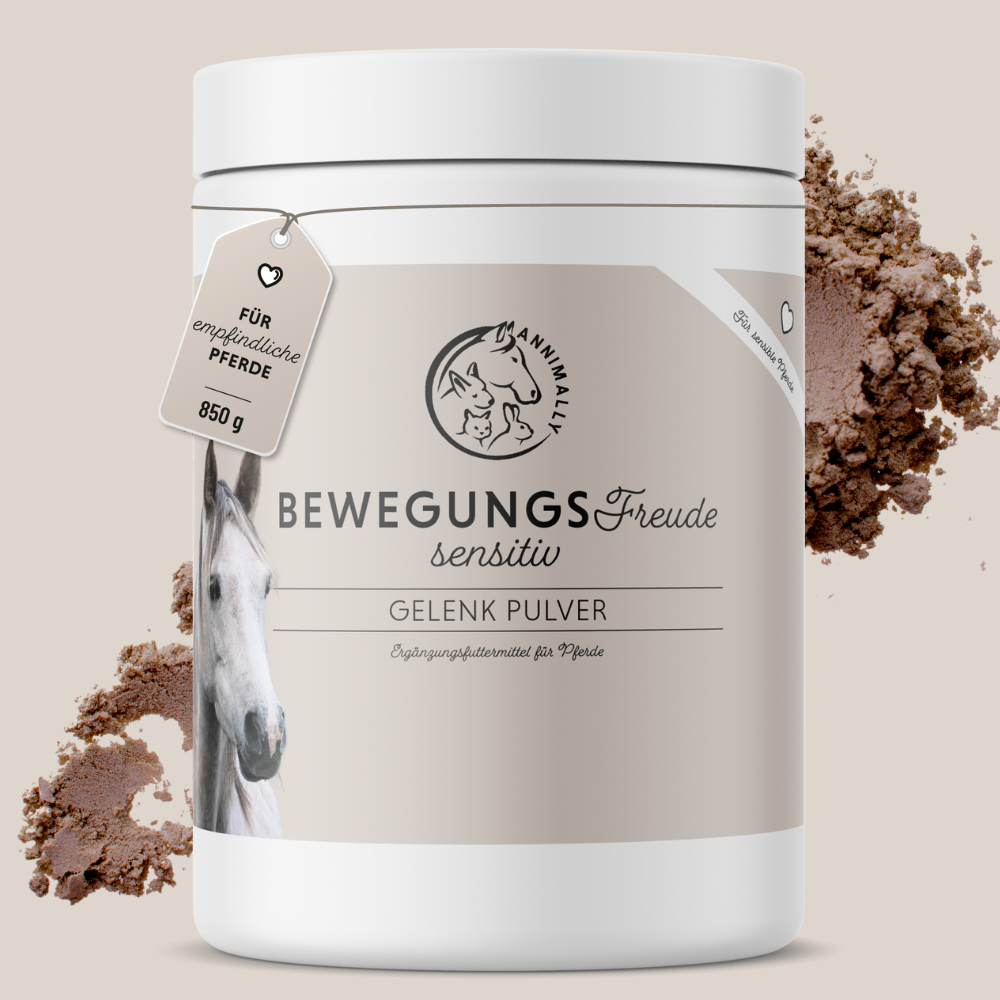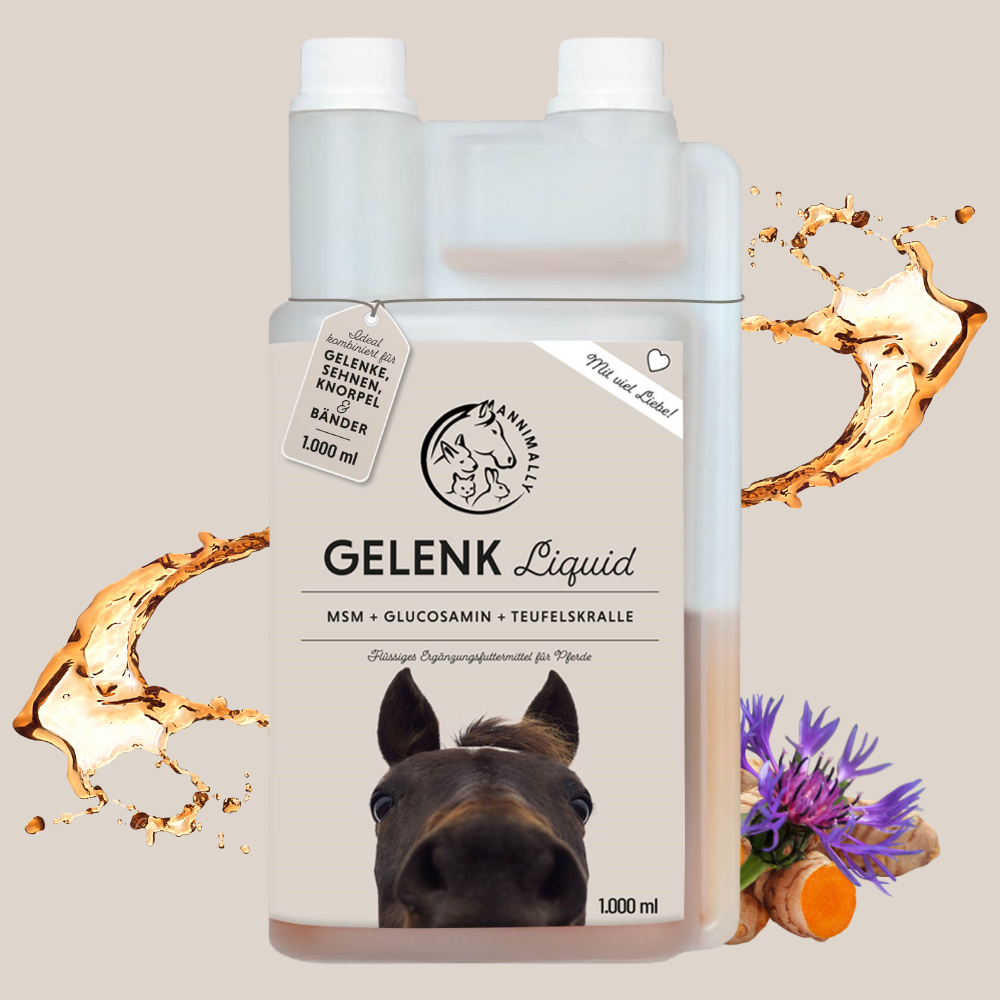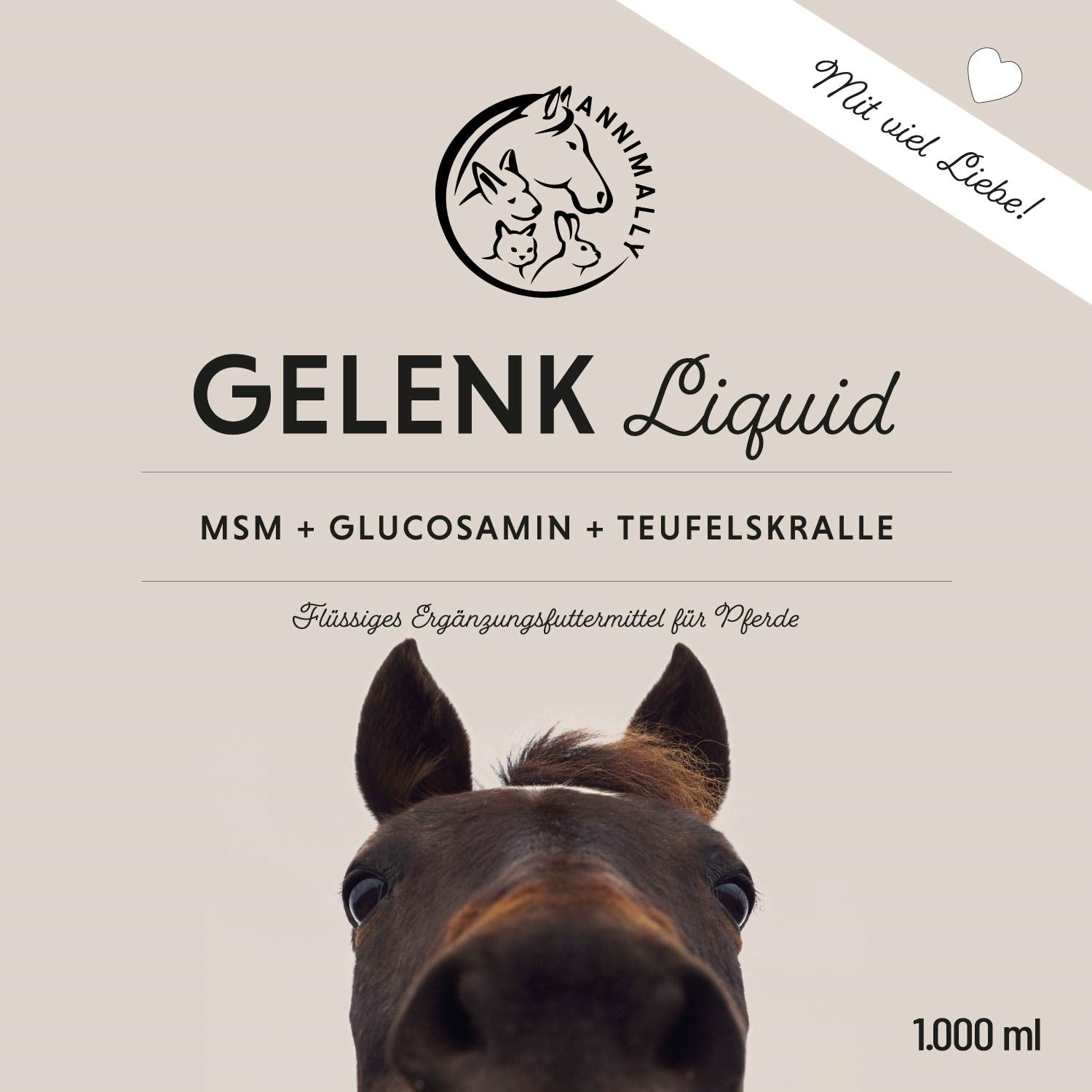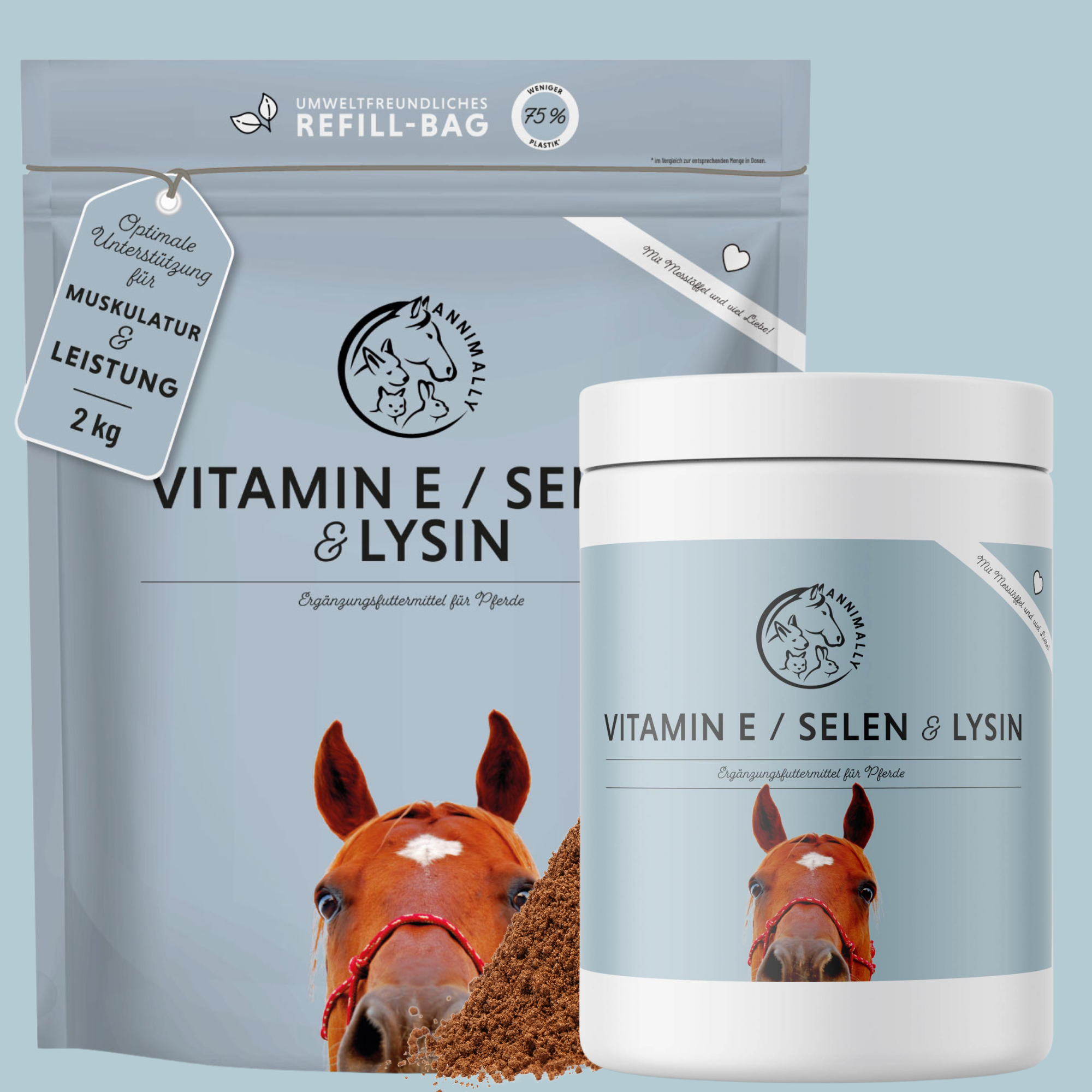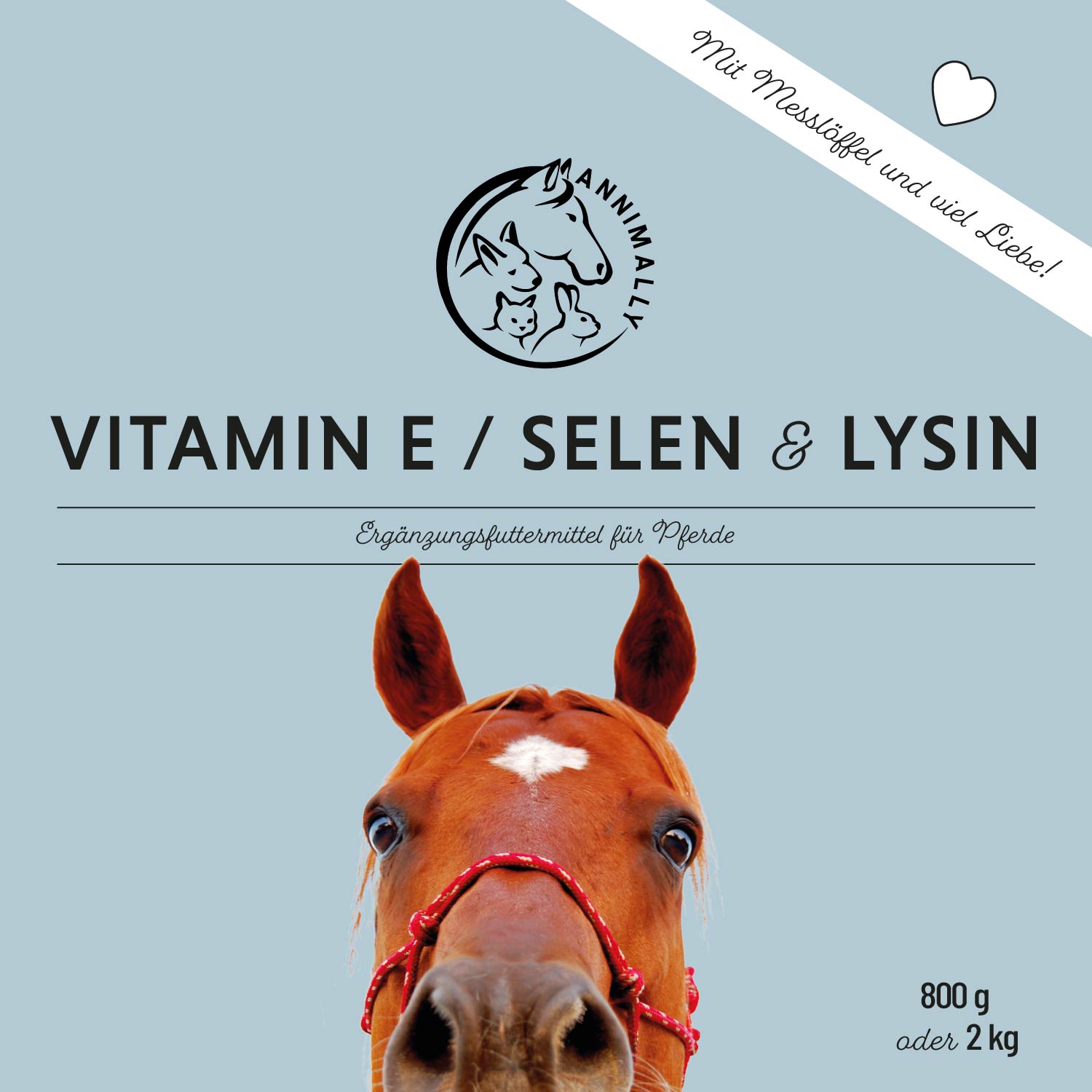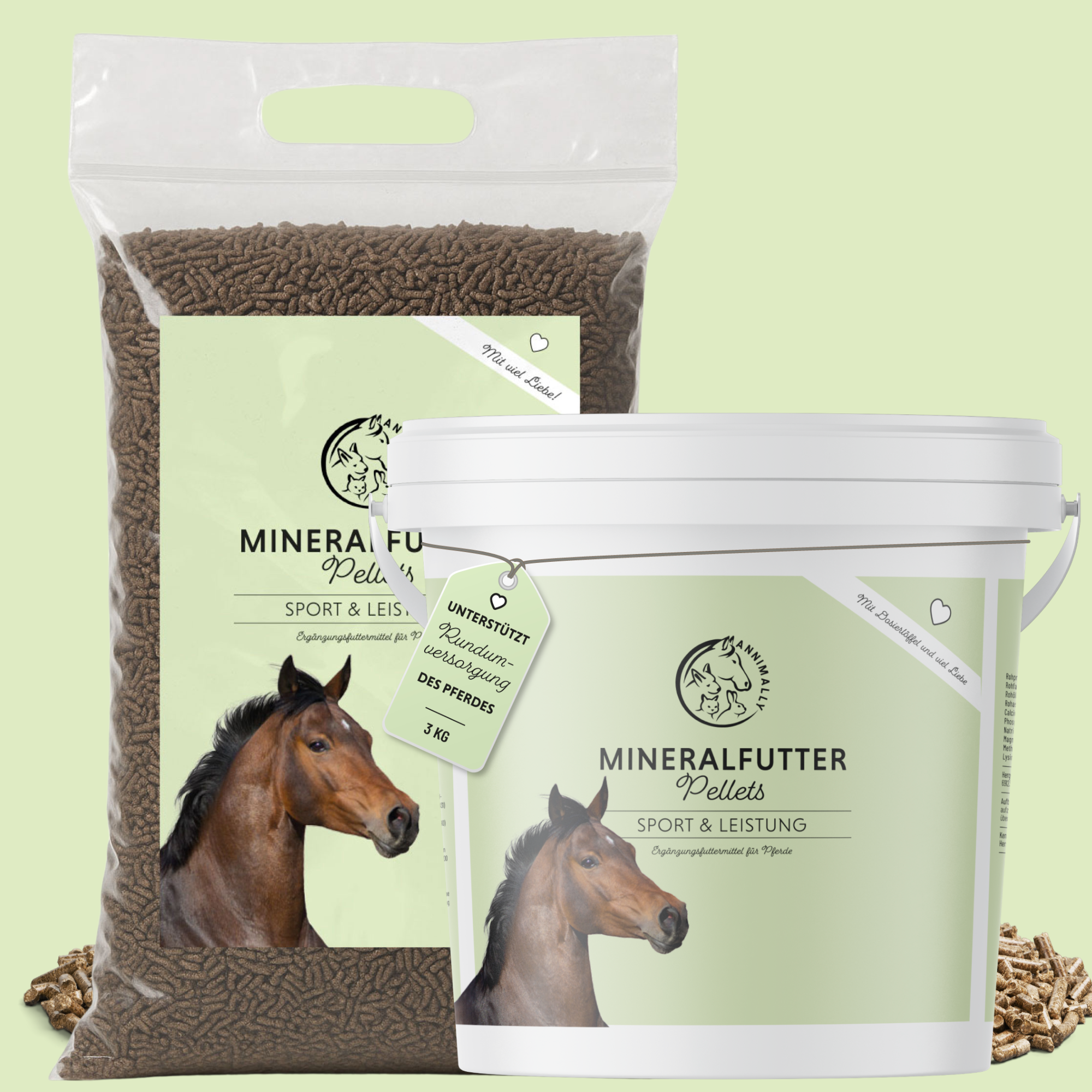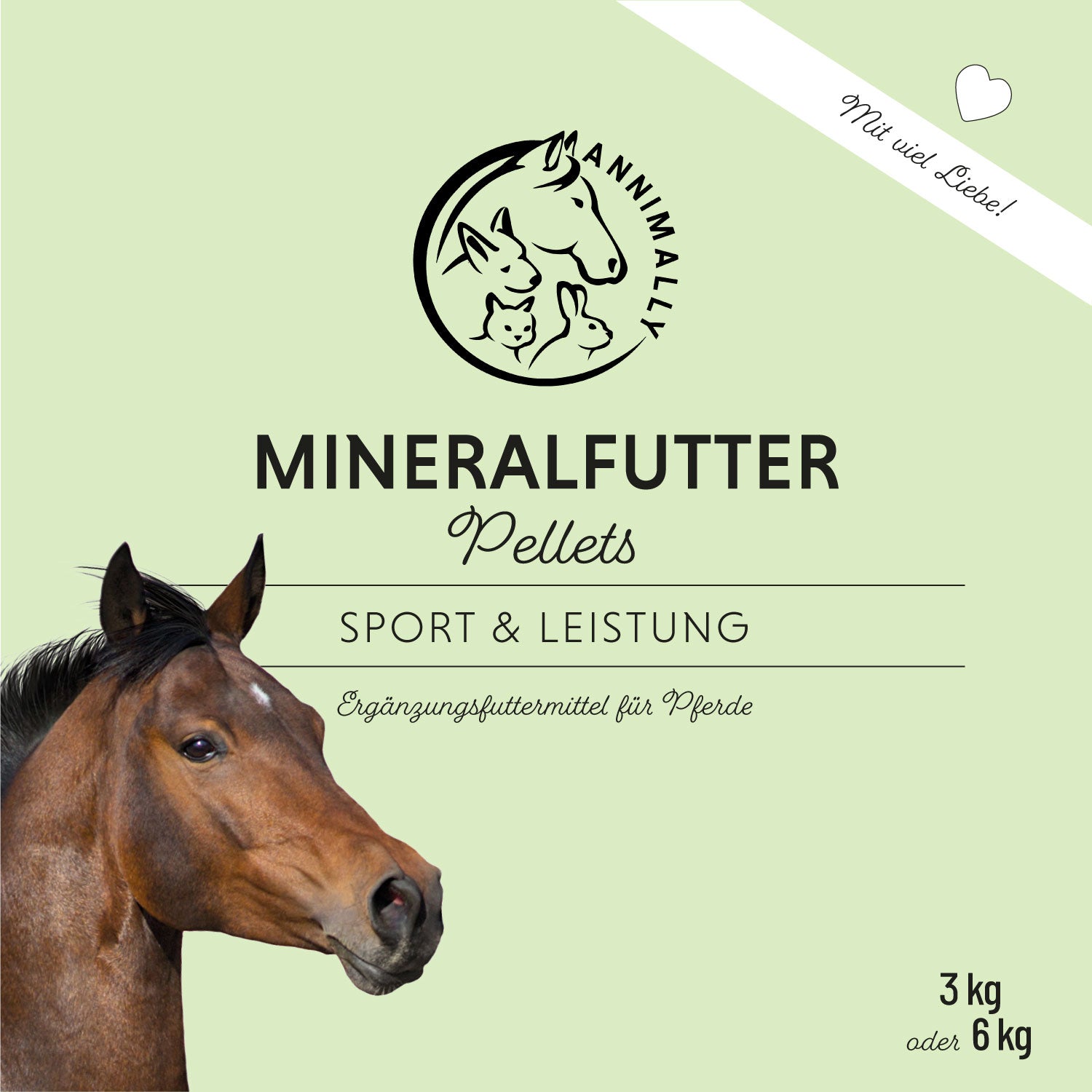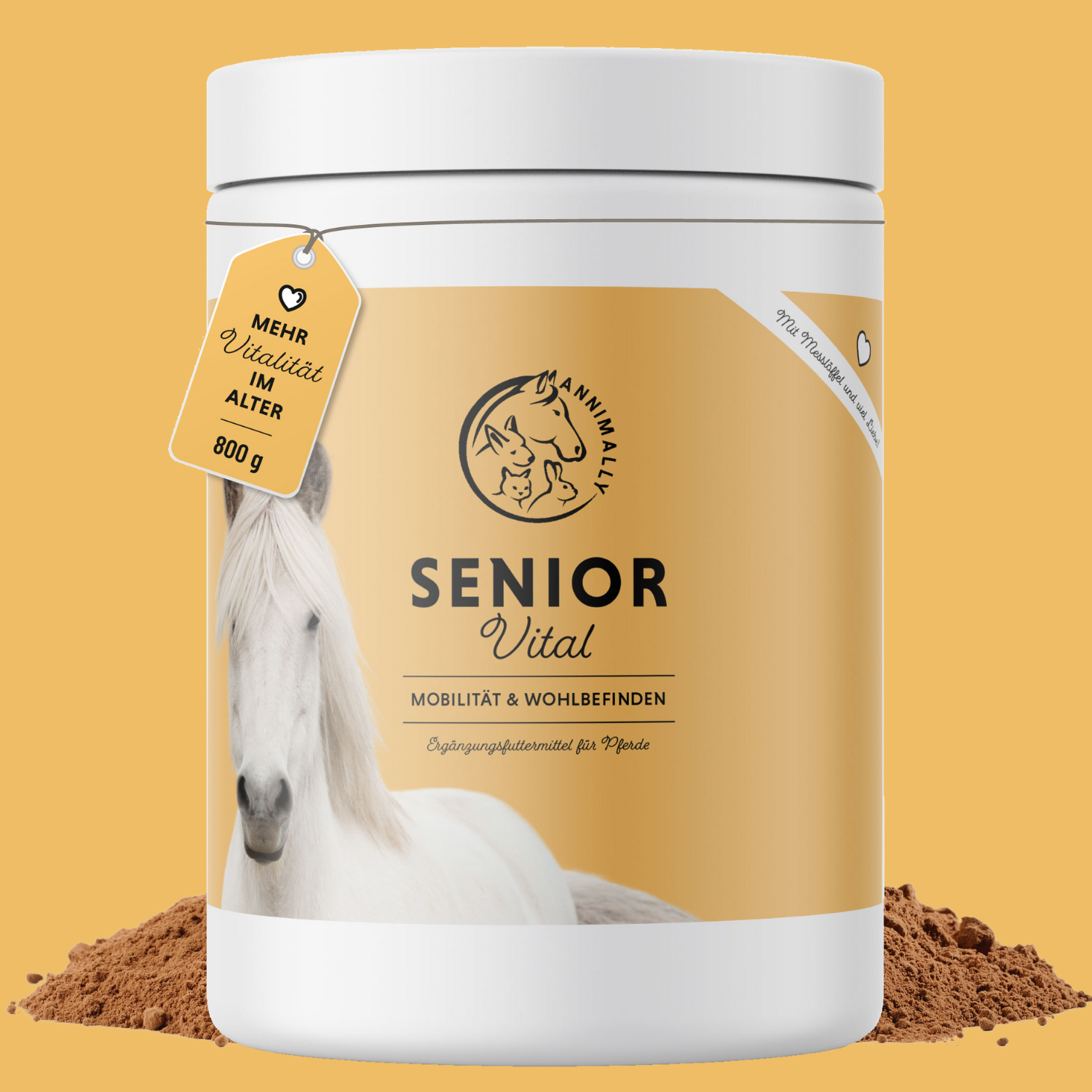Soy protein for horses – sensible protein source or risky ingredient?
If you're intensively involved with horse feeding, you'll sooner or later come across the term "soy protein." Especially if you want to provide your horse with optimal protein and essential amino acids—for example, to promote muscle development, in breeding, for young horses in need of growth, or for performance-intensive sport horses—soy quickly becomes a focus of attention.
But what exactly is meant by the term "soy protein for horses?" What are the advantages of soy as a protein source—and what disadvantages should you be aware of? Is it a natural addition to your horse's diet, or are there healthier alternatives?
In this article, we take a critical look at soy protein in horse feeding, explaining its composition, effects, requirements, and sensible options – so that you can make a well-informed decision about what is really best for your horse.
What is soy protein anyway?
Soy protein is the protein extracted from the soybean. This legume contains approximately 35–40% protein, making it one of the richest plant protein sources. In horse feed, soy is usually used in the form of soy meal or extracted soy protein—both highly concentrated protein sources.
The amino acids it contains, such as lysine, methionine, and threonine, make soy protein particularly attractive—especially for horses with increased protein needs. These include, for example:
-
Young horses growing
-
Broodmares
-
Stallions
-
Sport horses
-
Horses with muscle weakness
But although the composition seems ideal at first glance, there are some aspects worth considering, which we will discuss in more detail.
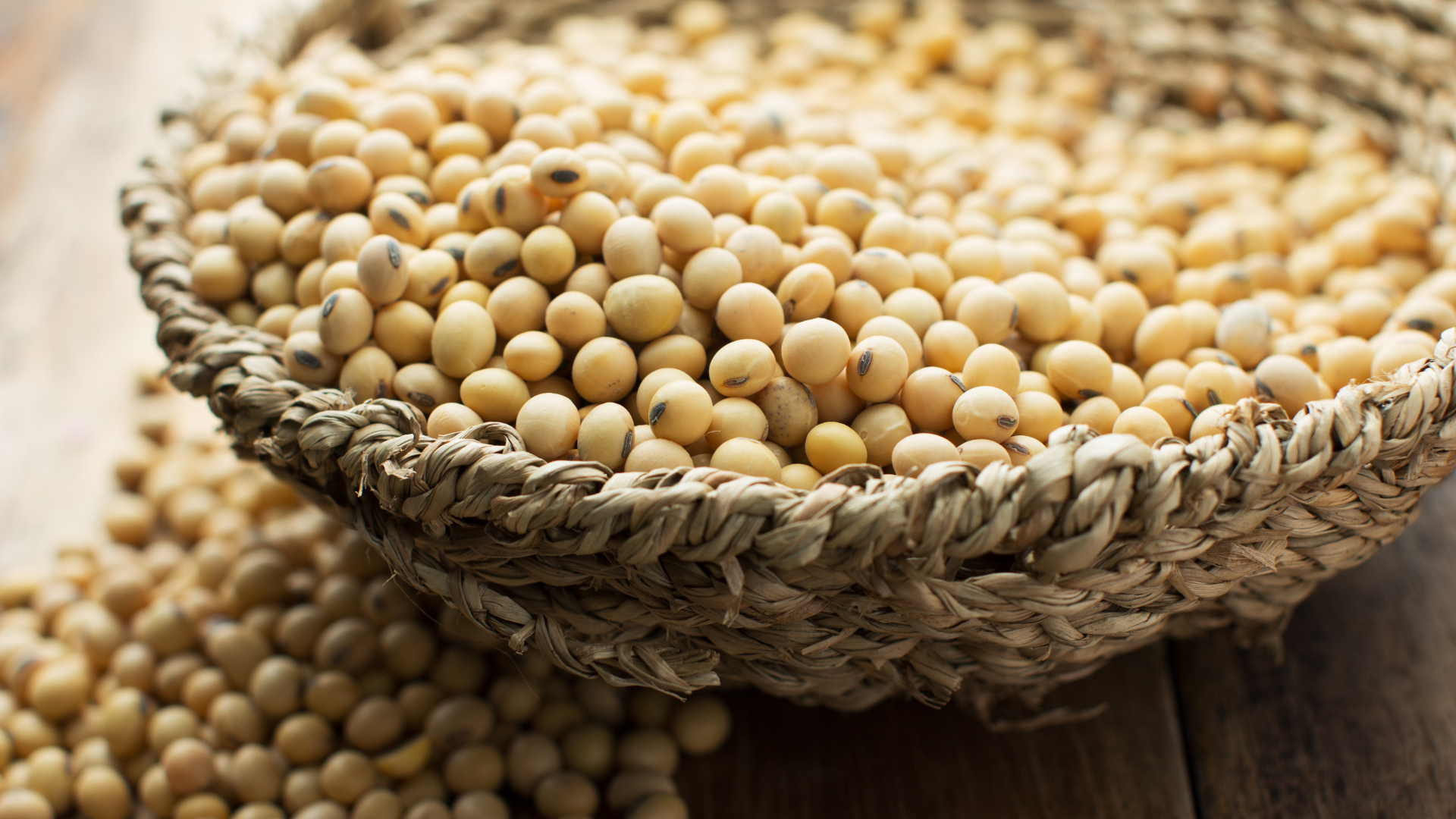
Why protein is so important for horses
Proteins are the fundamental building blocks of the body. They consist of amino acids that are involved in virtually all processes in the organism: muscle building, tissue regeneration, immune function, metabolism, and energy supply – all of which depend on adequate protein intake.
Protein requirements are particularly high for horses performing or growing. However, older horses also benefit from a targeted intake of certain amino acids, especially for muscle maintenance.
However, it is not just the quantity that matters, but above all the quality of the protein – and here the so-called essential amino acids are crucial.
Soy protein as a component of concentrated feed
Many commercially available horse feed concentrates contain soy meal or isolated soy protein. Why?
Because soy is a relatively inexpensive plant protein with a very high crude protein content. It also provides a significant amount of essential amino acids that are often not present in sufficient quantities in hay, grass, or grain—especially lysine, which is considered a limiting amino acid.
Composition and protein content of soy
A quick look at the typical composition of soybean meal:
-
Crude protein: 44–48%
-
Lysine: approx. 3%
-
Methionine: 0.6%
-
Fat: approx. 1–2%
-
Fibers: approx. 6%
-
Carbohydrates: few
This makes soy a highly concentrated source of protein – ideal as a targeted supplement if your horse needs more protein than can be covered by roughage.
Benefits of soy protein for horses
Let’s take a closer look at the benefits:
-
High protein content: Soy provides about twice as much protein as many other plant sources.
-
Essential amino acids: Especially lysine, methionine and threonine – important for muscles, immune system and hormone production.
-
Well available: Processing (e.g. toasting) improves digestibility.
-
Low price: Compared to animal protein sources, soy is often significantly cheaper.
-
Vegetarian/plant-based: Ethically relevant for many horse owners.
But there are also disadvantages – and concerns
Despite all its benefits, soy isn't suitable for every horse—and not every veterinarian or nutritionist recommends its use. Why?
1. Allergies & intolerances
Some horses are allergic to soy. Symptoms may include:
-
itching
-
Skin changes
-
Performance decline
-
Digestive problems
If your horse is sensitive to feed, you should be especially vigilant with soy.
2. Phytoestrogens
Soy contains natural plant substances (isoflavones) that can have an estrogen-like effect. Whether this has a hormonal effect in horses has not yet been conclusively determined—but caution is advised, especially for breeding horses and mares.
3. Genetic engineering
A large portion of the soy used worldwide comes from genetically modified crops—particularly from South America. So be sure to look for GMO-free products if that's important to you.
4. Unfavorable amino acid profile compared to other sources
Although soy provides many essential amino acids, its profile is not perfect. Animal proteins or certain alternatives such as alfalfa, flaxseed, rice protein, or pea protein offer better bioavailability in some cases.
What are the alternatives to soy protein?
If you prefer to feed your dog soy-free, there are good alternatives that also contain high-quality proteins:
1. Lucerne (Alfalfa)
-
Rich in crude protein and calcium
-
Ideal for supplementing hay
-
Especially good for horses with weak muscles
2. linseed
-
High omega-3 content
-
Good for skin, coat, digestion
-
Moderate amounts of protein
3. Pea protein
-
Plant-based, hypoallergenic
-
Good amino acid profile
-
Still relatively rare in horse feed
4. Rice protein
-
Particularly well tolerated
-
High-quality amino acid profile
-
Suitable for allergy sufferers
When is soy protein useful?
A targeted use of soy protein can certainly make sense – for example:
-
If your horse is significantly undermuscled
-
When it is growing
-
In breeding, especially in pregnant or lactating mares
-
For very high performance requirements
-
If hay and grass are not enough to meet protein requirements
Important: Don't just feed soybean meal or protein feed "on suspicion." Have your horse's protein status checked first—for example, through a hay analysis or in consultation with an animal nutritionist.
How much soy protein does your horse need?
The actual requirement depends heavily on age, performance, condition, and feed base. In general, the following applies:
-
Light-feeding horses : Little need for additional protein
-
Breeding and sport horses : Increased demand, targeted supplementation possible
-
Young horses : often need lysine-rich supplements
An adult warmblood in training needs an average of about 700–900 g of digestible crude protein per day. Soy can be a component of this—but it shouldn't be the only one.
Conclusion: Soy protein for horses – yes or no?
The short answer: It depends on.
Soy protein can be an efficient protein source for your horse – provided it's used according to needs, in high quality (GMO-free!), and in moderate amounts. It can be particularly helpful for those with increased amino acid requirements – but there are alternatives.
However, if your horse is sensitive or you value regional, natural alternatives, there are many good plant-based protein sources without soy that you can consider.
Ultimately, what matters is: What does your horse really need? And how can you achieve this in a natural, balanced way?

